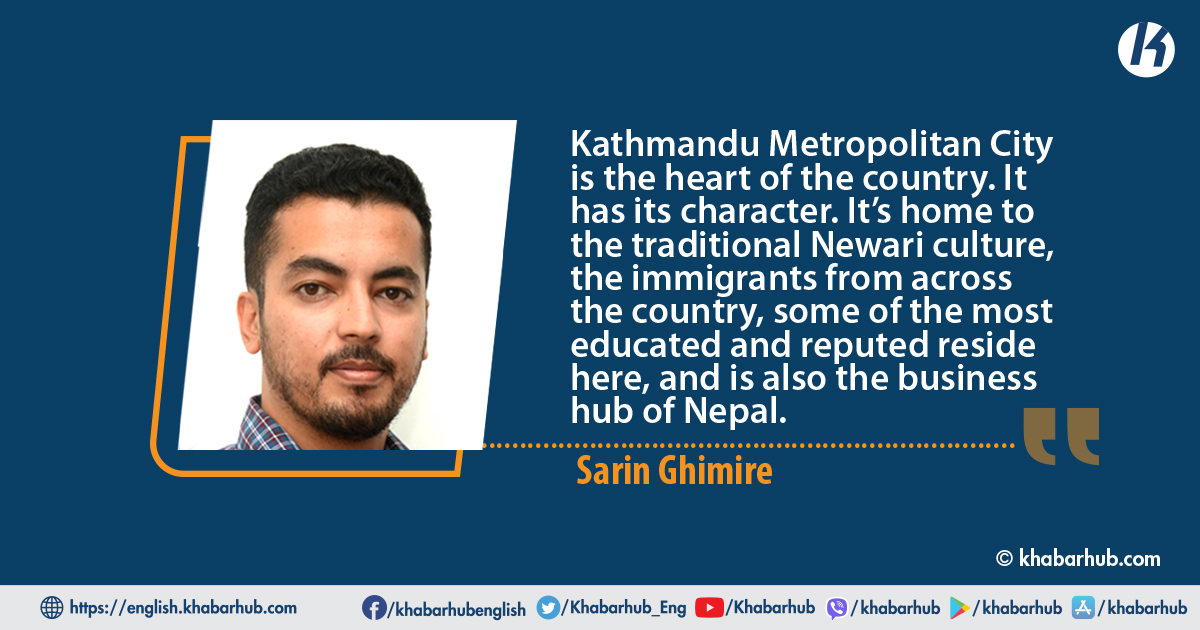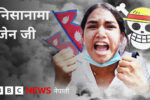Local elections are right around the corner. The whole country is some way or the other dangled in it. The online/print media are busy following election campaigns and the social media is plastered with candidate campaigns and political party colors.
You see party flags in almost every nook and corner along with some final door-to-door campaigns around the neighborhood.
Large cities to the most farfetched villages are under election fervor. And certainly so, as it is high time we pay serious attention so that our votes are cast to the most deserving candidates.
On May 13th, Nepal votes for its local representatives. A timely exercise of democracy at the grassroots. It’s the second local tier poll in the country since Nepal turned into a federal republic state.
The local level government is the strongest and most effective form of governance, as envisioned in our constitution.
The more effective the local leadership, the more hands-on services are at your doorsteps. Therefore, it is natural to have discussions, and debates on candidates and political parties, along with their agendas.
To have fought for democracy against the tough autocratic regime, and now fighting her first national-level elections in an open society probably tells a lot itself to the younger generation.
In recent days, elections in Kathmandu Metropolitan City are gaining quite some attention. It is the heart of the country where a significant amount of budget is also available.
In other words, the mayor for Kathmandu Metropolitan is the most crucial seat contested in the upcoming local elections. We’ve witnessed capital city mayors ending up being the prime minister of the country in Great Britain.
There is a nationwide coalition for elections among political parties that fought for the restoration of the Parliament and are currently running the government.
In Kathmandu, the coalition has fielded a candidate from the Nepali Congress, the party that heads the government and the leader of the five-party coalition.
Nepali Congress, after much consultation and brainstorming, opted to field a safe and well-respected candidate not only within core Kathmandu but across the nation.
It was no surprise that NC picked Sirjana Singh, a deserving candidate who has worked her way up through the party rank and file without ever demanding much from the party.
Ms. Singh is not a new name in politics. She has been involved in raising her voice for the common interest of the people since her early college days and has continuously engaged herself in various forms of activism to date.
If you talk to political activists that fought for democracy at various times, Sirjana is a well-known figure amongst them.
If you talk to cadres of the Nepali Congress, there is hardly anyone who is not aware of her contributions to society.
To have fought for democracy against the tough autocratic regime, and now fighting her first national-level elections in an open society probably tells a lot itself to the younger generation.
This younger generation, who has largely grown up in the open society, has particularly not felt the tough days’ politicians and cadres faced as they fought against the old autocratic regimes.
Having experienced both scenarios, Ms. Singh remains a strong-willed but also a humble politician ready to serve the people in an executive role.
As a member married into the Singh family in Chaskibari, she has also witnessed major political changes through the eyes of Late Ganesh Man Singh, her father-in-law.
Kathmandu Metropolis contenders
Along with Sirjana Singh, we largely hear two other names contesting for Kathmandu’s mayor—Keshab Sthapit and Balen Shah.
Sthapit is a former mayor for Kathmandu Metropolis, not a recent one but decades ago. A controversial figure mainly known for running his mouth more than letting his work do his talking, Sthapit has recently been facing massive allegations of abuse and sexual harassment during his last stint.
Kathmandu Metropolitan City is the heart of the country. It has its character. It’s home to the traditional Newari culture, the immigrants from across the country, some of the most educated and reputed reside here, and is also the business hub of Nepal.
He also recently resigned as the Bagmati province MLA citing differences with his party’s then chief minister.
Shah on the other hand is a professional musician by practice who’s basically in it for the thrill. If Shah’s candidacy symbolizes anything, it is the incapability and frustration among the public brought by the erstwhile mayor Bidya Sundar Shakya and his party.
Those who know Singh have always found her a very down-to-earth and responsive human being. If you look at her manifesto she has largely focused on practical, doable issues.
She may not be the all-talk-natured candidate like Sthapit, but her pledges and sincerity are to be well-noted amongst Kathmandu Metropolitan voters.
She’s mentioned her aspirations of a clean, safe and beautiful metropolitan that protects its traditional culture. Singh has also said how she would make everyone from all 77 districts feel at home in Kathmandu.
Kathmandu Metropolitan City is the heart of the country. It has its character. It’s home to the traditional Newari culture, the immigrants from across the country, some of the most educated and reputed reside here, and is also the business hub of Nepal.
Therefore, we would like to have a candidate who would be able to understand the multifaced dimension of the city as our new mayor and Singh fits the bill. The responsibility and test rest on the voters here.









Comment